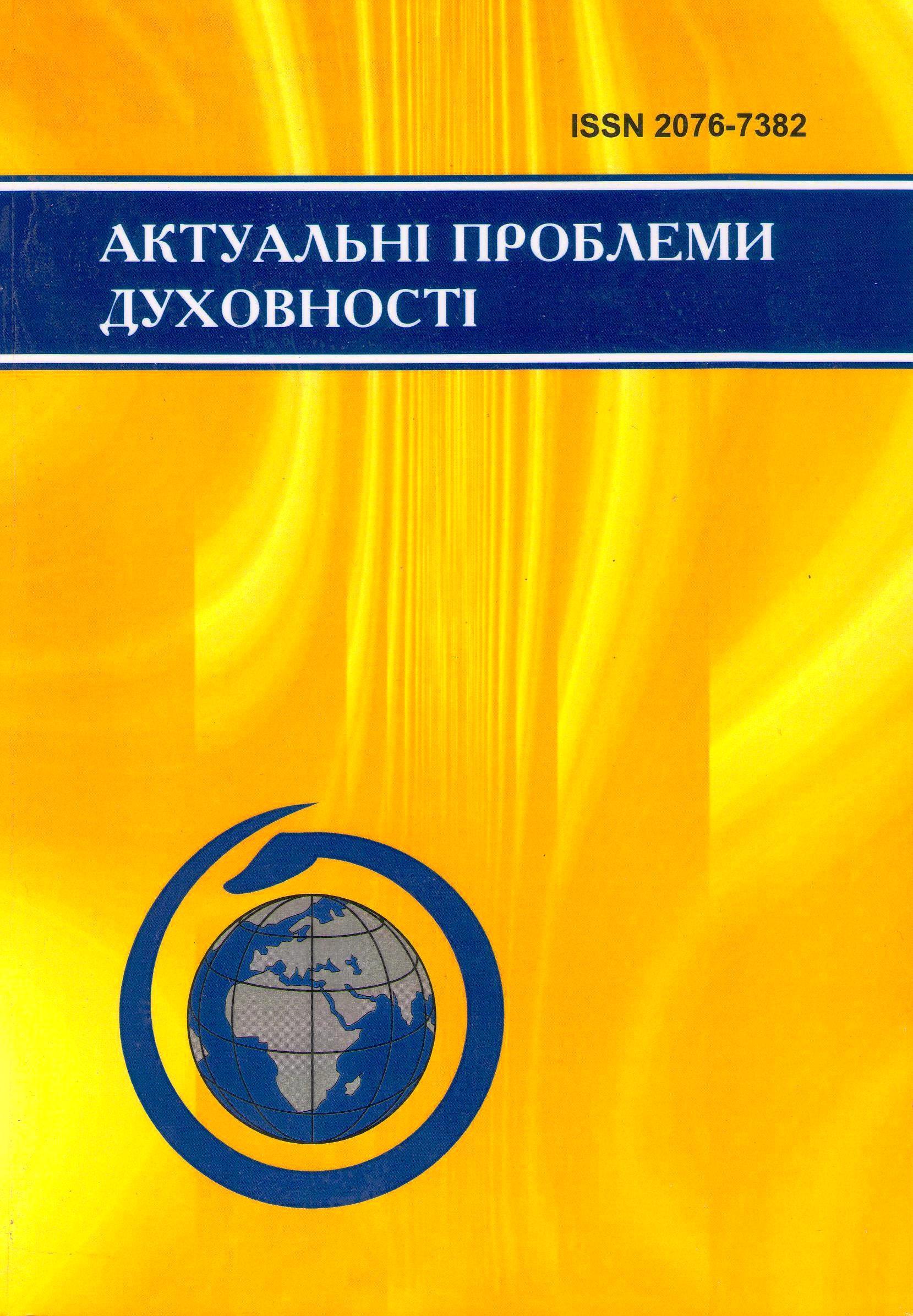Розв'язання проблеми індукції Карлом Попером та неджастифікаціоністська концепція раціональності
DOI:
https://doi.org/10.31812/apd.v0i22.4447Ключові слова:
індукція, джастифікація, гіпотетико-дедуктивний метод, фальсифікаціонізм, абдукція, Попер, Бартлі, ПірсАнотація
У статтi докладно розглянуто та висвiтлено розв’язання проблеми iндукцiї Г’юма, запропоноване Карлом Поппером. Зауважено, що це розв’язання має два головнi аспекти. Перший, експлiцитно описаний Поппером як його розв’язання проблеми iндукцiї, полягає в замiщеннi iндуктивiстської концепцiї розвитку емпiричного знання, згiдно з якою пiзнання починається зi спостережень i через iндуктивнi умовиводи має досягати гарантовано iстинних або високоймовiрних теорiй-узагальнень, на гiпотетико-дедуктивiстську концепцiю, вiдповiдно до якої пiзнання починається з проблеми i здiйснюється через висунення здогадок, гiпотез щодо можливого її розв’язання та через спроби спростування цих гiпотез вiдтворюваними результатами спостережень/експериментiв. Другий аспект стосується проблеми джастифiкацiї (обґрунтування-виправдання) гiпотетико-дедуктивiстської концепцiї, що постає на мiсцi Г’юмiвської проблеми джастифiкацiї iндукцiї. З’ясовано, як ця проблема трактується в контекстi загального пiдходу Поппера та Вiльяма Бартлi до проблеми джастифiкацiї, що зазвичай описується як «не-джастифiкацiонiзм», полягає у визнаннi неможливостi абсолютної, остаточної джастифiкацiї (для будь-якої позицiї) i замiсть пошуку такої джастифiкацiї пропонує оцiнювання вiдносних переваг i недолiкiв наявних альтернатив, що може надати нам пiдстави для пробного вiддання переваги однiй iз них. Проведено порiвняння мiж гiпотетико-дедуктивiстською концепцiєю Поппера та концепцiєю абдукцiї, або висновування до найкращого пояснення, Чарльза Пiрса. Показано, що цi концепцiї мають подiбну логiчну структуру, а також продемонстровано, що стосовно емпiричної науки вони доповнюють, уточнюють i прояснюють одна одну; зокрема, висновування до найкращого пояснення може слугувати обґрунтуванням припущення про iснування законiв природи, яке передбачене гiпотетико-дедуктивiстською концепцiєю.
Завантажити
Посилання
Bartley W. Rationality versus the Theory of Rationality / Mario Bunge (Ed.). The Critical Approach to Science and Philosophy. New York : Free Press, 1964. P. 3-31.
Bartley W. The Philosophy of Karl Popper. Part III. Rationality, Criticism, and Logic. Philosophia. 1982. Vol. 11 (1-2). P. 121-221.
Bartley W. The Retreat to Commitment. Alfred A. Knopf, 1962.
Bartley W. The Retreat to Commitment. (2 nd ed., rev. and enl.). Open Court, 1984.
Berkson W. In Defence of Good Reasons. Philosophy of the Social Sciences. 1990. Vol. 20 (1). P. 84-91.
Berkson W. Methodology Is Pragmatic. Philosophy of the Social Sciences. 1990. Vol. 20 (1). P. 95-98.
Black M. Models and Metaphors. Cornell University Press, 1962.
Black M. The justification of induction / Black M. Language and philosophy: Studies in method. Cornell University Press, 1949. P. 59-88.
Caroll L. What Achilles Said to the Tortoise. Mind. 1895. Vol. 4. P. 278-280.
Duhem P. The Aim and Structure of Physical Theory. Princeton University Press, 1954.
Jones G., Perry C. Popper, Indiction and Falsification. Erkenntnis. 1982. Vol. 8. P. 97-104.
Ladyman J. Understanding Philosophy of Science. Routledge, 2002.
Lange M. Hume and the Problem of induction / D. Gabbay, S. Hartmann and J. Woods (eds.). Inductive Logic. Amsterdam : Elsevier, 2011. P. 43-92.
Miller D. Critical Rationalism: A Restatement and Defence. Open Court, 1994.
Papineau D. Reliabilism, Induction and Scepticism. The Philosophical Quarterly. 1992. Vol. 42 (166). P. 1-20.
Percival R. The Myth of the Closed Mind. Open Court, 2011.
Popper K. Conjectures and Refutations: The Growth of Scientific Knowledge. Routledge, 1962.
Popper K. In Search of a Better World. Routledge, 1992.
Popper K. Normal Science and its Dangers / I. Lakatos and A. Musgrave (eds.) Criticism and the Growth of Knowledge. Cambridge University Press, 1970. P. 51-58.
Popper K. Objective Knowledge: An Evolutionary Approach. Oxford University Press, 1972.
Popper K. Objective Knowledge: An Evolutionary Approach. (Rev.ed.). Oxford University Press, 1979.
Popper K. Realism and the Aim of Science. Routledge, 1985.
Popper K. The Logic of Scientific Discovery. New York : Basic Books, 1959.
Popper K. The Open Society and Its Enemies. Vol. 2. London : George Routledge & Sons, Ltd., 1945.
Popper K. The Open Society and Its Enemies. (4 th rev. ed.) Vol. 2. Routledge & Kegan Paul, 1962.
Popper K. Unended Quest: An Intellectual Autobiography. Routledge, 2002.
Sanford D.H. The Inductive Support of Inductive Rules: Themes from Max Black. Dialectica. 1990. Vol. 44. P. 23-41.
Searle J. Rationality in Action. The MIT Press, 2001.
Sepetyi D. Non-justificationism and the negativist legend about Karl Popper’s philosophy. Actual Problems of Mind. 2020. Vol. 21. P. 24-45.
Завантаження
Опубліковано
Номер
Розділ
Ліцензія
Авторське право (c) 2021 Дмитро Петрович Сепетий

Ця робота ліцензується відповідно до ліцензії Creative Commons Attribution 4.0 International License.





